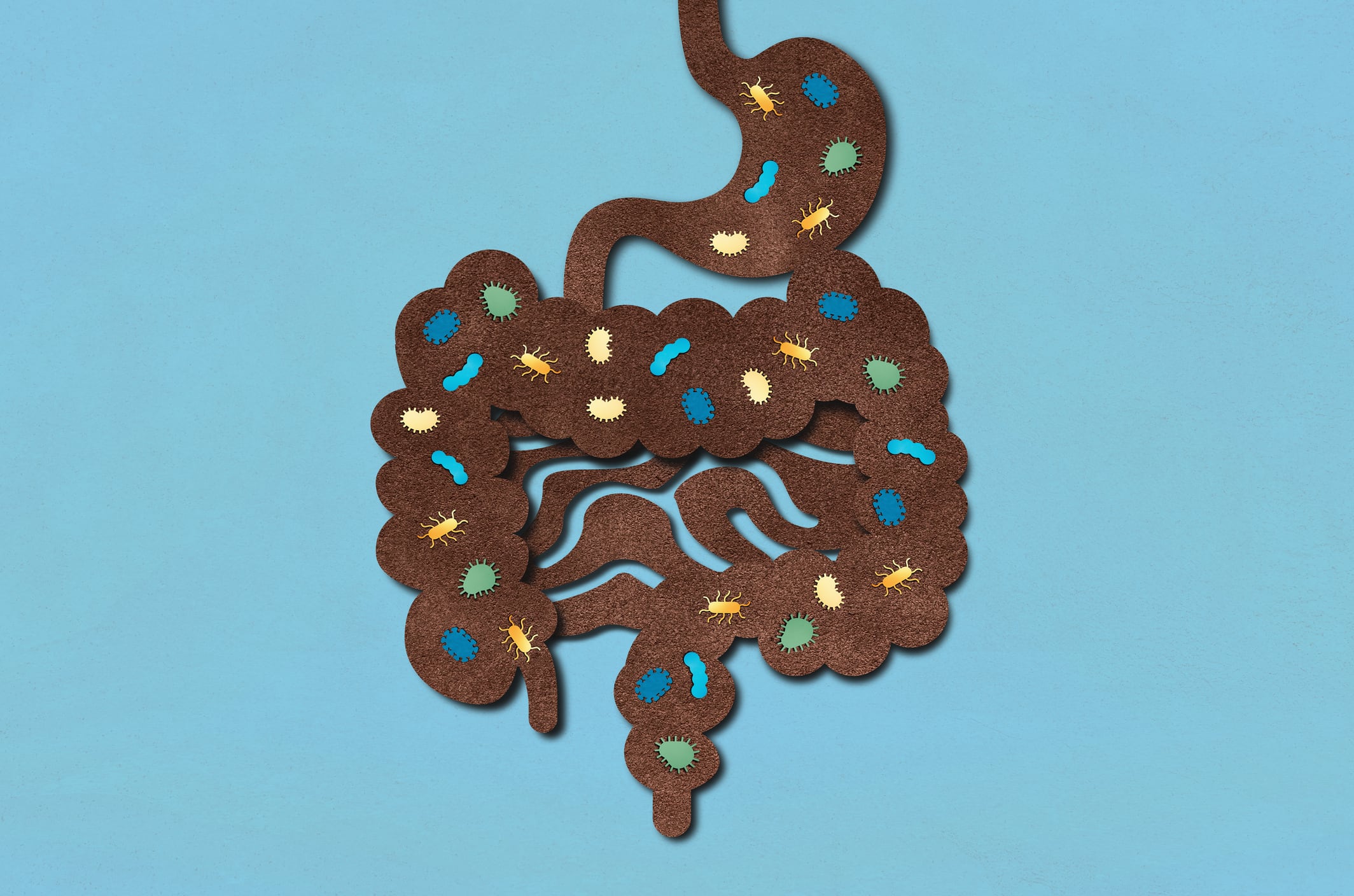Using a colonic model to evaluate the effects of live mabisi, heat-treated mabisi and FOS on the microbiota and the production of short-chain fatty acids, the researchers found that the impact on microbiota composition and function were similar in all the supplements.
“Overall, the results of the current study suggest that mabisi, even when there are no living microorganisms in it, affects the gut microbiota composition and distribution in experimental model system towards the same direction as FOS, a common prebiotic” they wrote in Beneficial Microbes.
Mabisi is a “nutritionally and microbiologically rich product” containing Limosilactobacillus, Lactobacillus and Lactococcus, as well as representatives of Acetobacter and the species Streptococcus thermophilus. Although it has probiotic and prebiotic potential, the researchers report that its impact on the gut microbiota has not yet been studied.
The current study expands upon growing interest in isolating, characterizing and commercializing active ingredients in traditional fermented foods. As previously reported by Nutraingredients USA, bacterial strains from a traditional African fermented food called Kimere were incorporated into a weight management product by Slimbiotics GmbH.
Study details
Fecal samples from a healthy male adult were used in an in vitro model system called the Simulator of the Human Intestinal Microbial Ecosystem (SHIME) to mimic the colonic microbial system. Fresh fermented mabisi samples were predigested by simulated gastric and pancreatic juices before being added to the SHIME model, which consists of vessels simulating the stomach, small intestine and ascending colon.
The researchers tested and verified the stability of the baseline microbial community in the SHIME colon units over time.
They added either mabisi, heated mabisi with no live bacteria or FOS as a positive control to each of two colon units of SHIME. After 11 days, they analyzed bacterial composition and short-chain fatty acids.
“Results from our experiment indicate that even short-term consumption of mabisi or heat-treated mabisi results in a shift in gut microbial composition similar to one caused by a prebiotic, FOS,” the researchers wrote.
After 11 days of treatment, SCFAs increased 1.5 times compared to baseline in the FOS group and 1.4 times in the mabisi group. All treatments stimulated the production of butyrate.
The specific genera that increased after treatment with mabisi were Lachnoclostridium, Bacteroides and Pseudomonas.
“Our findings suggest that mabisi consumption has the potential as prebiotic and/or probiotic for maintaining gut health” the reserachers concluded, calling for longer term studies and deeper analysis on the role of mabasi.
Source: Beneficial Microbes. doi: 10.1163/18762891-bja00068. “Traditional fermented milk product from Zambia shifts the gut microbiota to healthier metabolism in a simulated SHIME model system”. Authors: A.I. Alekseeva et al.

